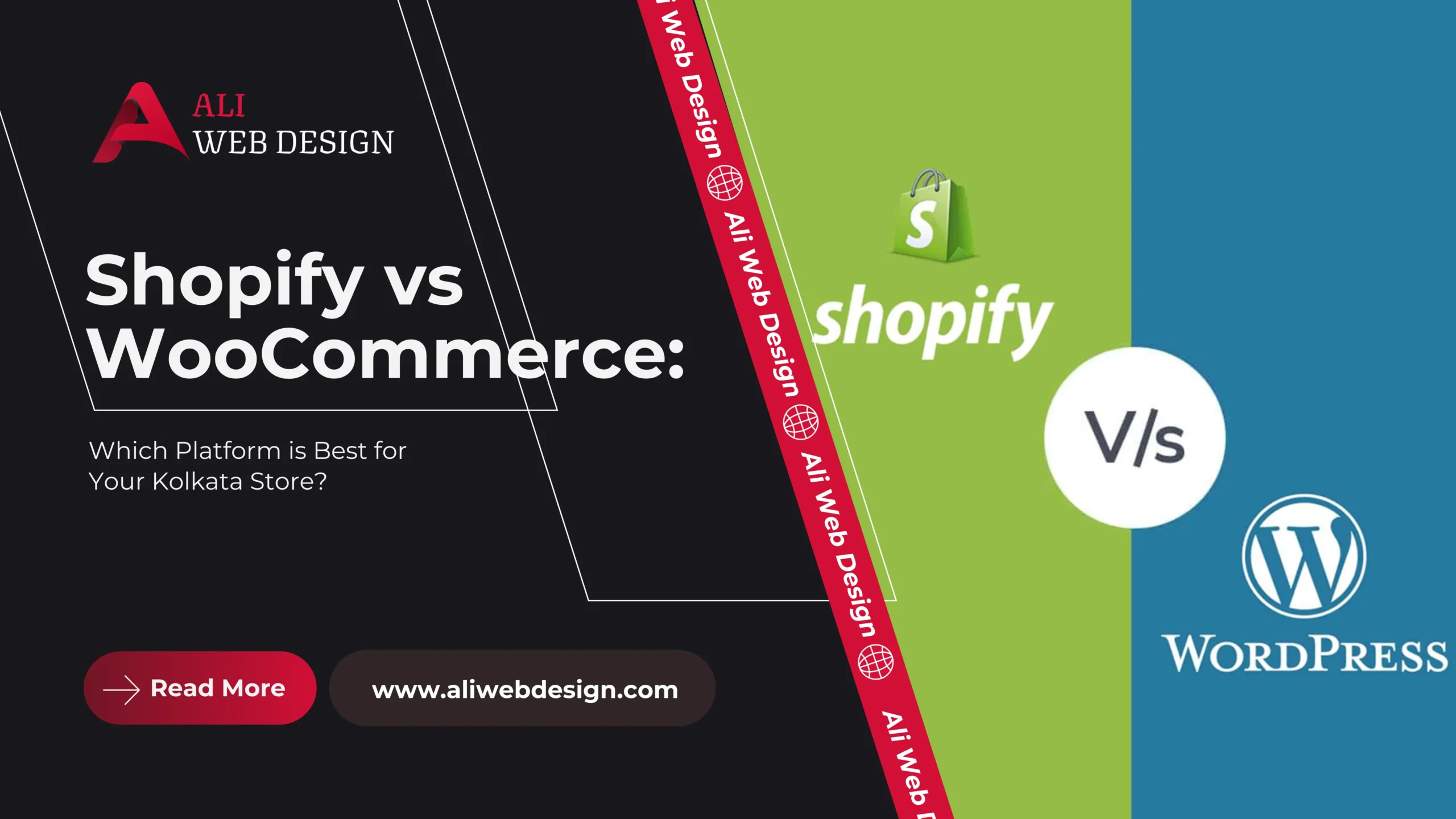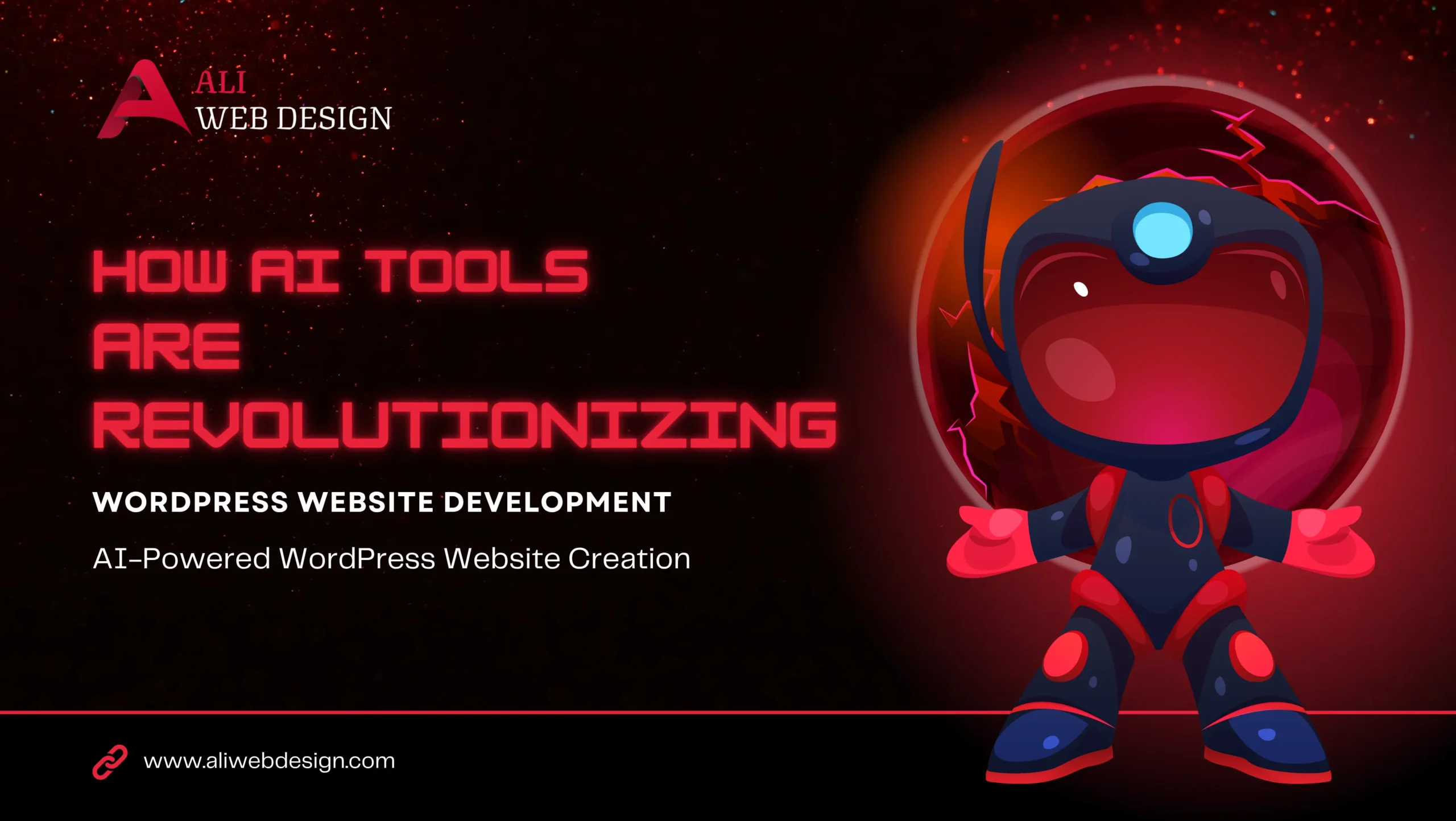Introduction
Embarking on the journey of managing a profitable online business requires careful planning and execution. This comprehensive guide is designed to unveil the secrets of building and managing a successful ecommerce website. From conceptualizing your business idea to launching a fully operational online store, this step-by-step guide covers everything you need to know to ensure your venture thrives in the competitive online marketplace.
Chapter 1: Defining Your Business Idea in Ecommerce Website
Before diving into the technicalities of building a website, it’s crucial to define your business idea. Identify your niche, target audience, and unique selling proposition. Understanding your market and competition will set the foundation for a successful ecommerce venture.
Chapter 2: Market Research and Analysis
Conduct thorough market research to gather insights into consumer behavior, industry trends, and potential challenges. Analyze competitors to identify gaps in the market and opportunities for differentiation. This knowledge will inform your business strategy and website design.
Chapter 3: Building Your Ecommerce Website
- Choosing the Right Platform: Select an ecommerce platform that aligns with your business needs. Popular choices include Shopify, WooCommerce, and Magento.
- Designing a User-Friendly Interface: Create an intuitive and visually appealing website design. Prioritize easy navigation, mobile responsiveness, and a seamless checkout process to enhance user experience.
- Product Listings and Descriptions: Craft compelling product listings with high-quality images and detailed descriptions. Implement an efficient categorization system to help customers find what they’re looking for easily.
Chapter 4: Setting Up Secure Payment Gateways
Ensure the security of online transactions by integrating reliable and secure payment gateways. Offer multiple payment options to accommodate diverse customer preferences.
Chapter 5: Implementing Effective Marketing Strategies
- Search Engine Optimization (SEO): Optimize your website for search engines to increase visibility. Focus on keyword research, meta tags, and quality content to rank higher in search results.
- Social Media Marketing: Leverage social media platforms to promote your products and engage with your audience. Develop a content calendar and utilize paid advertising to expand your reach.
Chapter 6: Managing Inventory and Fulfillment
Implement an efficient inventory management system to track stock levels and prevent overselling. Choose reliable fulfillment methods, whether in-house or through third-party logistics, to ensure timely order processing and delivery.
Chapter 7: Customer Service Excellence
Prioritize exceptional customer service to build trust and loyalty. Implement live chat, provide clear communication, and address customer concerns promptly.
Chapter 8: Analytics and Performance Tracking
Utilize analytics tools to monitor website performance, track sales metrics, and gather customer insights. Regularly review data to identify areas for improvement and capitalize on successful strategies.
Conclusion
Launching and managing a profitable ecommerce website requires a combination of strategic planning, effective execution, and continuous adaptation to market dynamics. By following this comprehensive guide, you’ll be equipped with the knowledge and tools necessary to navigate the complexities of the online business landscape and create a thriving ecommerce venture.
FAQs
Market research is crucial as it helps you understand your target audience, identify industry trends, and assess your competition. By gaining these insights, you can tailor your business strategy, making informed decisions to ensure the success of your ecommerce venture.
Choosing the right ecommerce platform depends on your specific business needs. Consider factors such as scalability, ease of use, available features, and your budget. Popular options include Shopify, WooCommerce, and Magento, each catering to different requirements.
To secure online transactions, integrate reputable and secure payment gateways. Ensure that your website has SSL encryption, use strong passwords, and regularly update security measures. This helps protect sensitive customer information and builds trust in your online store.
SEO (Search Engine Optimization) is crucial for increasing the visibility of your ecommerce website on search engines. By optimizing your site for relevant keywords, improving meta tags, and creating quality content, you can rank higher in search results, driving organic traffic to your online store.
Efficient inventory management involves implementing systems to track stock levels, prevent overselling, and streamline order processing. Consider outsourcing fulfillment to third-party logistics providers or choose an in-house solution that ensures timely delivery and a positive customer experience.
Remember, your journey from being a beginner to becoming a proficient website developer starts with taking the right steps. Partnering with our expert development services can help you unleash your online success. Contact us today to get started on your journey to becoming a website hero!







